The Chips Acts and Beyond: Government Perspectives - U.S. Panel (Quantum World Congress 2024)
The U.S. Government Perspective Panel as part of the "The Chips Acts and Beyond" special program during Quantum World Congress 2024 featuring: Heather Evans, Deputy Assistant Secretary for Manufacturing at International Trade Administration; Susan Feindt, SVP of Ecosystem Development at Natcast; Jay Lewis, Director of the National Semiconductor Technology Center (NSTC) Program at the Department of Commerce; and moderated by Stephen Ezell, Vice President for Global Innovation at Information Technology and Innovation Foundation (ITIF).
Heather Evans is the Deputy Assistant Secretary for Manufacturing for the International Trade Administration. She directs the U.S. Department of Commerce’s efforts to advance the global competitiveness of manufacturing industries through international trade and investment policies and promotion strategies. She oversees the Office of Transportation and Machinery, the Office of Energy and Environmental Industries, the Office of Health Industries, and the Office of Information and Communications Technology. Evans previously worked at the National Institute of Standards and Technology where she led efforts on policy, budget, and strategy. In 2021-2022, she served in the Office of the Secretary of Commerce as NIST Liaison and Senior Technology Advisor, where she led efforts on international standards, cybersecurity, and emerging technologies. Evans was a Humboldt Postdoctoral Research Fellow in Germany and holds a doctorate in materials science from the University of California Santa Barbara and bachelor’s degree in physics from Macalester College.
Susan Feindt joined Natcast as its Senior Vice President of Ecosystem Development in April 2024. Natcast is a purpose-built, non-profit entity created to operate the National Semiconductor Technology Center (NSTC) consortium, established as a key component of the CHIPS and Science Act of the U.S. government. Prior to Natcast, Feindt was an executive and senior technical fellow at Analog Devices where she led technology strategy and innovations, specializing in advanced process and device development. Feindt’s career at ADI spanned thirty-six years where her leadership, mentorship, and technical innovations resulted in the commercialization of numerous technologies. She has served on multiple industry and academic advisory boards, including as vice-chair of the Department of Commerce CHIPS Industrial Advisory Committee (IAC). Feindt earned her B.S. from M.I.T. At Natcast, Feindt will focus on defining membership strategy, prioritizing program offerings, and advocating for the semiconductor ecosystem’s interests.
Dr. Jay Lewis is the Director of the National Semiconductor Technology Center, or NSTC, Program, for the CHIPS R&D Office at the Department of Commerce. He is working to establish the NSTC program, a public-private consortium that will serve as a cornerstone of semiconductor research for the country. He previously worked at Microsoft focused on semiconductor strategy and national security. Before that he was at DARPA, where he was a Program Manager and the Deputy Director of the Microsystems Technology Office, and had an early career in semiconductor research.
Stephen Ezell is Vice President, Global Innovation Policy at the Information Technology and Innovation Foundation (ITIF) and Director of ITIF’s Center for Life Sciences Innovation. He also leads the Global Trade and Innovation Policy Alliance. His areas of expertise include science and technology policy, international competitiveness, trade, and manufacturing. Ezell is the coauthor of Innovating in a Service-Driven Economy: Insights, Application, and Practice (Palgrave Macmillan, 2015) and Innovation Economics: The Race for Global Advantage (Yale, 2012). Ezell holds a B.S. from the School of Foreign Service at Georgetown University, with an honors certificate from Georgetown’s Landegger International Business Diplomacy program.
This special high-level working session at QWC24 highlighted national visions and initiatives that aim to scale manufacturing, strengthen global supply chains, and accelerate the critical sectors that include quantum and quantum-adjacent industries. The session with feature talks by global leaders from USA, UK, EU and Japan, perspectives from key industry cooperations including IBM, NVIDIA, and DIRAQ, followed by breakouts with the attendees.
The session covered: the transformative opportunities and regulatory implications of national investments such as the US CHIPS and Science Act and the EU Chips Act; optimizing and securing supply chains in quantum and adjacent technologies; and strengthening cross-border partnerships.
To learn more about Quantum World Congress, please visit quantumworldcongress.com





